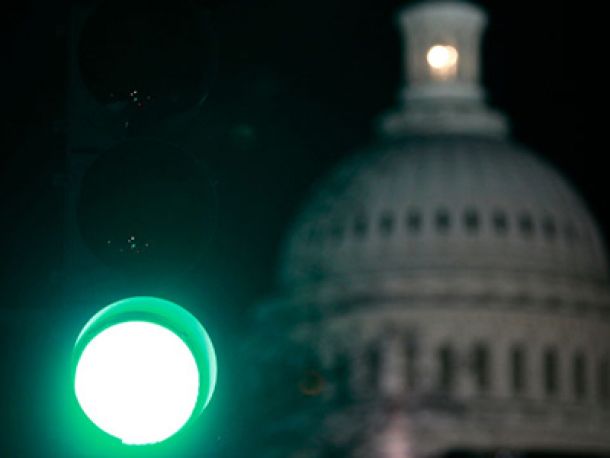News
Senate health care bill clears key hurdle
By: cnn.comPosted On: 12/21/2009 4:37 P

Tweet
Democrats won a major victory in their push for health care reform early Monday morning as the Senate voted to end debate on a package of controversial revisions to a sweeping $871 billion bill.







